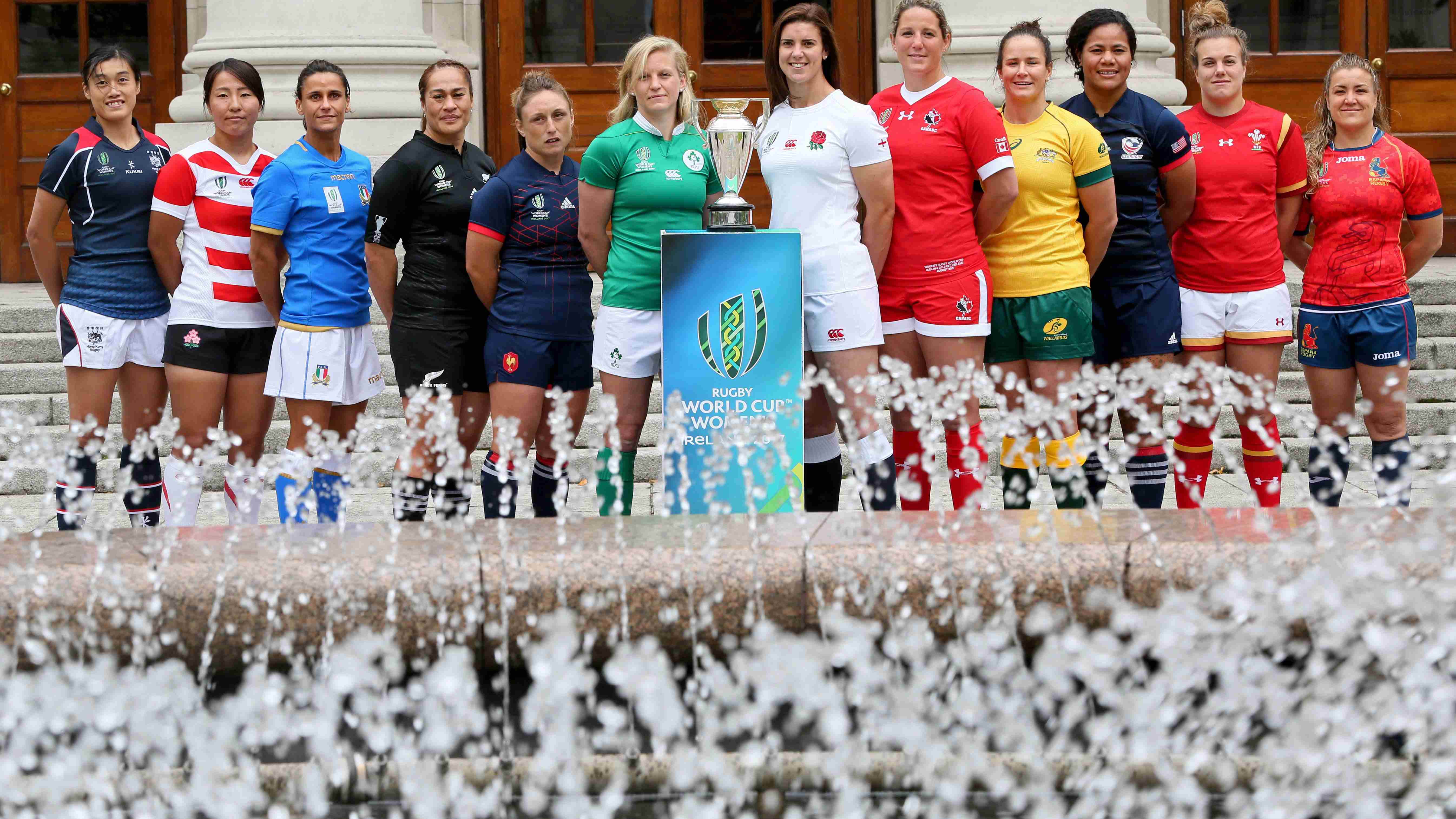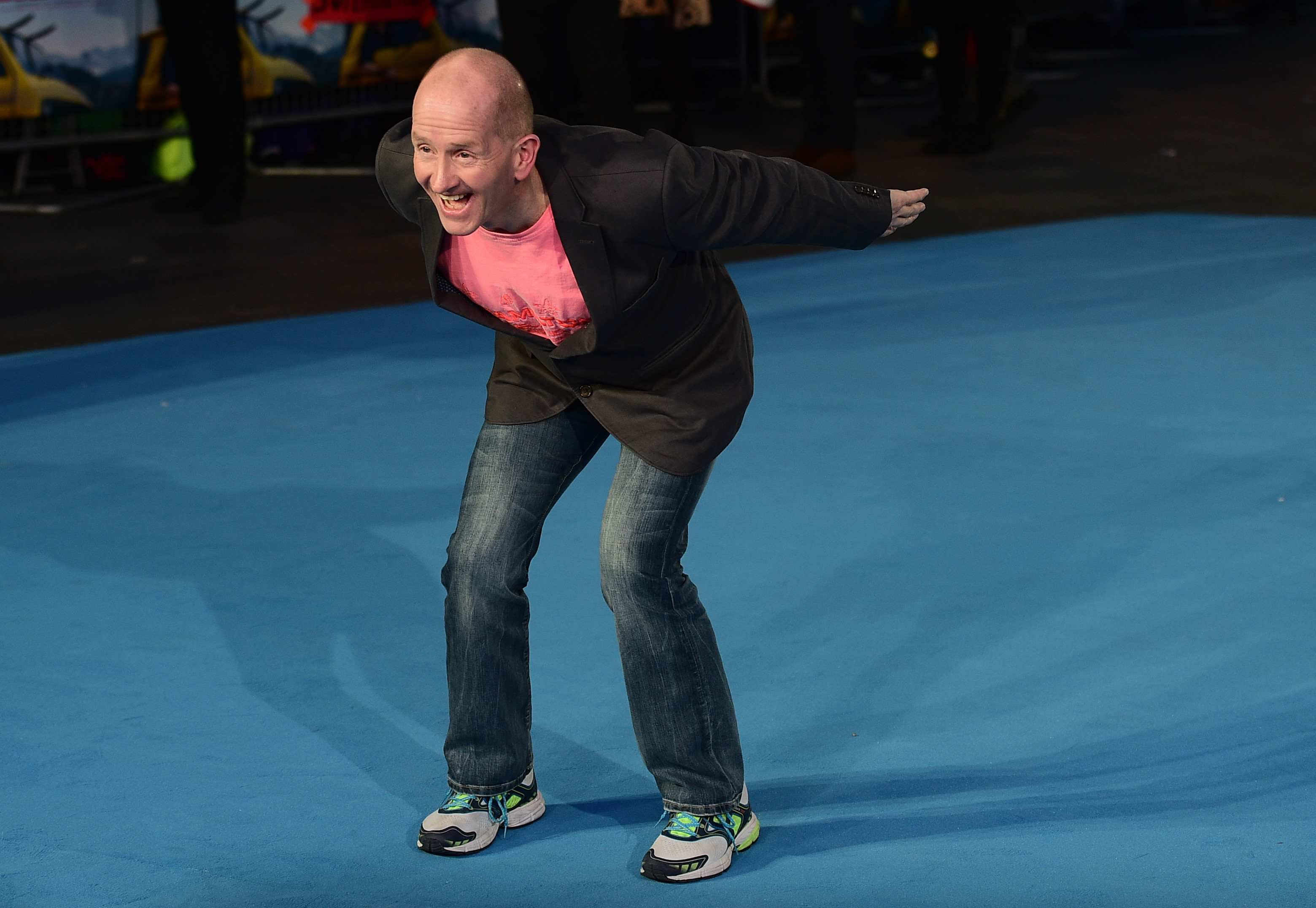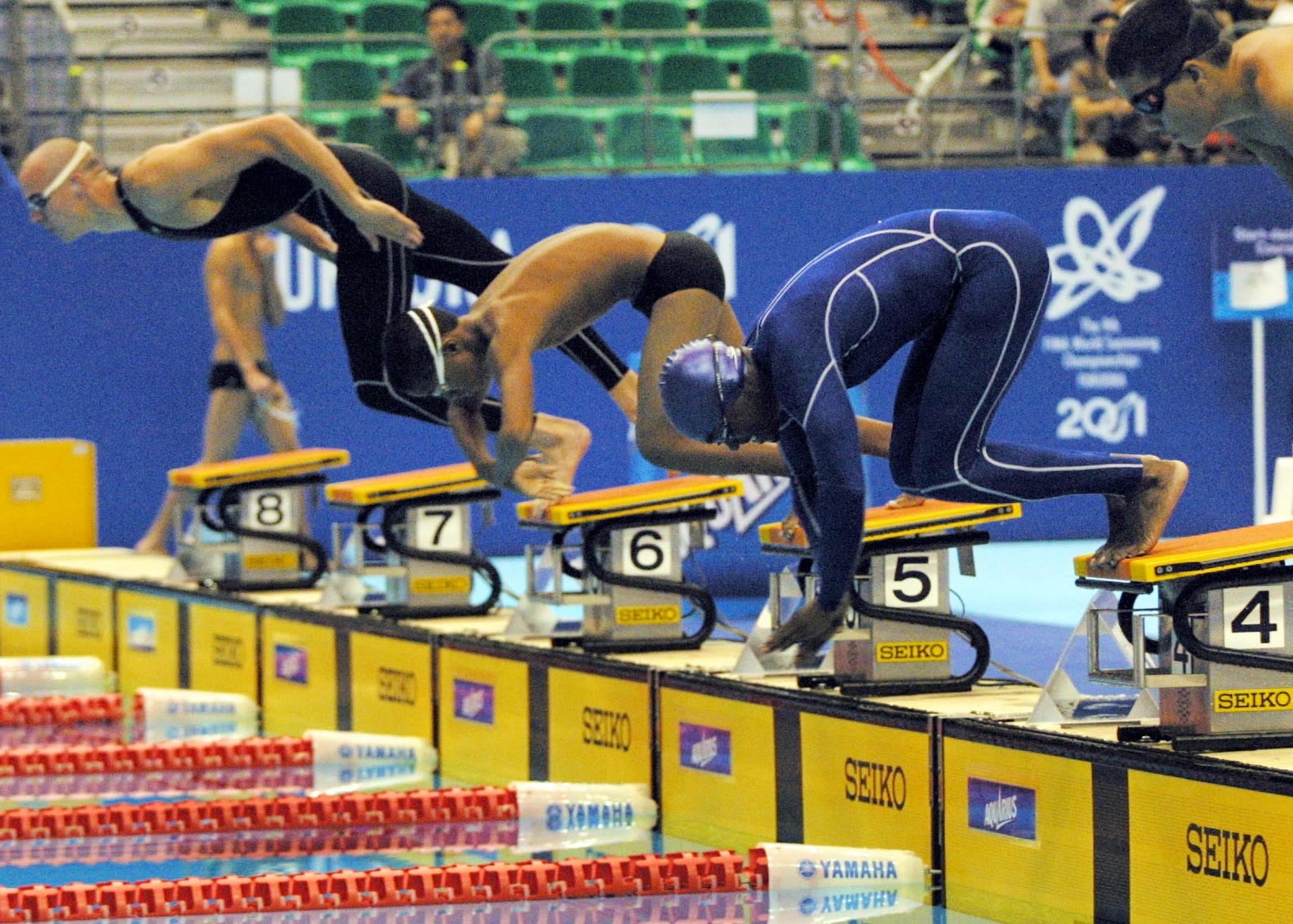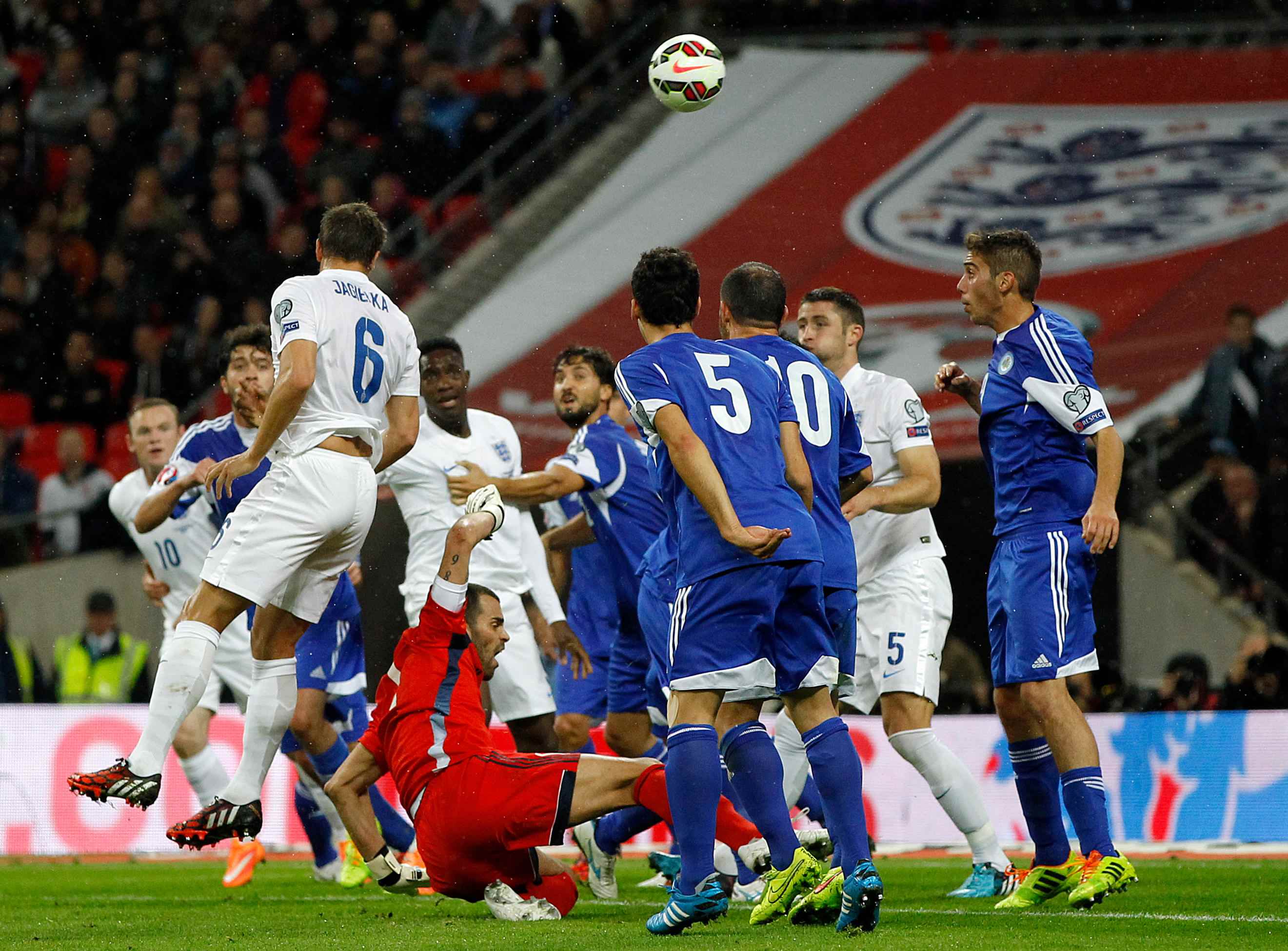
Sports
22:01, 21-Aug-2017
Did Hong Kong deserve to be in the Women’s Rugby World Cup?
CGTN

Rugby is a high-scoring sport, but tallies of 98-0 and 121-0 still stand out. These were the thumpings inflicted on Hong Kong in their opening two games of the Women’s World Cup in Ireland, where the tournament’s organizers have been left embarrassed by such mismatches.
Hong Kong are ranked 23rd in the world, and their opponents in these games were firstly Canada, beaten 2014 finalists, and then just four days later New Zealand, champions in four previous Women’s World Cups.
The women from the Chinese autonomous region of Hong Kong recovered some respectability in their final group game on Thursday, scoring two tries in a 39-15 loss to Wales.
It may take a little more for World Rugby, the game’s governing body, to recover from the criticism at including so many teams in the tournament and scheduling matches that can produce scores of 121-0. This is a showcase for women’s sport, but pundits have said spectacles like the thrashings suffered by Hong Kong can only damage the reputation of women’s rugby at a time when the players and promoters have finally been attracting some serious global attention.
The Guardian is among many Western newspapers that have been giving a lot of coverage to this World Cup. As it reported of the fixture list, however, “the stark reality is that a competition fighting for column inches needs precisely that, competition, and while there have been truckloads of tries in Dublin, three teams have scored the majority of them.”
The newspaper added, “It is hard not to wonder if a tournament with fewer teams may have made more sense. Two pools of eight would have all but guaranteed closer contests.”
Hong Kong’s World Cup is not over, despite finishing bottom of Pool A. They go up against Spain on Tuesday in a play-off stage deciding who will finish in the 9th to 12th places in the 12-team tournament.
Hong Kong, currently lying rock-bottom in the tournament rankings with a points deficit of 243, will face a tough time against Spain, who beat Italy in the group phase. The fourth team involved in the 9th -12th play-offs is Japan.
A lot rides on these remaining fixtures for World Rugby. If the matches are exciting, they will provide a balm against the criticism earlier in the tournament. If Hong Kong lose heavily again, the review of the tournament’s structure promised before the next World Cup could be a fraught process.
What do you think? Should China and Hong Kong be proud of just being involved in the World Cup? Do you enjoy watching big-scoring matches like Hong Kong’s nillings, or are they just embarrassing? To help you decide, here are some other examples of minnows out of their depth in international sport…
Japanese men’s rugby team

The Japanese public were enraptured by their team's performance at the 2015 World Cup. /AFP Photo
The Japanese public were enraptured by their team's performance at the 2015 World Cup. /AFP Photo
World Cup mismatches have also been a problem in men’s rugby, but Japan’s progress during the eight editions of the tournament so far offers real encouragement for lesser teams.
Beaten 145-17 by New Zealand in the 1995 World Cup, they recorded the greatest shock in the tournament’s history by edging out South Africa in 2015. They won three of their group games that year and were extremely unlucky to miss out on the knock-out stages.
Many in rugby believe the best way to expand the sport internationally is to invest in countries where it is developing and give those countries the opportunity to play against the best, despite the likelihood of them being heavily beaten at first.
There’s a big official campaign behind rugby in China, including an investment of 100 million US dollars by the sports arm of e-commerce giant Alibaba. Who’s to say that the country’s teams won’t become more serious contenders in major tournaments? Hong Kong will surely lead that drive.
Eddie ‘The Eagle’ Edwards

Eddie Edwards strikes one of his famous poses as he arrives for the European premiere of biopic "Eddie The Eagle" in London on March 17, 2016. /APF Photo
Eddie Edwards strikes one of his famous poses as he arrives for the European premiere of biopic "Eddie The Eagle" in London on March 17, 2016. /APF Photo
In 1988, Edwards became the first competitor since 1929 to represent Great Britain at Olympic ski jumping. He finished last, by a long way, but became a cult hero in the process.
The story soon spread of how the plasterer identified ski jumping as less competitive than downhill skiing and self-funded his training in the terrifying and elitist sport. Some in the skiing community were not amused by Edwards’ ungainly leaps and shortly after the 1988 Olympics finished, the entry requirements were toughened to make it nearly impossible for anyone to follow his example.
The Eagle’s legend lives on though. His signature thick goggles were seen misting up once again in a biographical movie released last year.
Eric ‘The Eel’ Moussambani

Eric "the Eel" Moussambani (R) starts a race during the FINA World Swimming Championships in Fukuoka, Japan, 22 July, 2001. /AFP Photo
Eric "the Eel" Moussambani (R) starts a race during the FINA World Swimming Championships in Fukuoka, Japan, 22 July, 2001. /AFP Photo
Like Eddie Edwards, Moussambani earned his middle name after being spectacularly outclassed at an Olympic Games. The Equatorial Guinean swimmer had never seen an Olympic-sized pool before arriving in Australia for his heat of the men’s 100m freestyle 17 years ago. He consequently set the slowest time in Games history.
San Marino football team

San Marino concede again – this time against England during a Euro 2016 Qualifier against England on October 9, 2014. /AFP Photo
San Marino concede again – this time against England during a Euro 2016 Qualifier against England on October 9, 2014. /AFP Photo
Non-football fans could be forgiven for having never heard of San Marino, a microstate surrounded by Italy with a population of around 33,000.
Eleven of them have been taking to the field for European Championships and World Cup qualifying tournaments since 1990, but they have never won a match in either competition. They’ve been beaten 13-0 by Germany but have also scored the fastest goal in World Cup Qualifying history, netting against England after just 8.3 seconds. They went on to lose 7-1.

SITEMAP
Copyright © 2018 CGTN. Beijing ICP prepared NO.16065310-3
Copyright © 2018 CGTN. Beijing ICP prepared NO.16065310-3